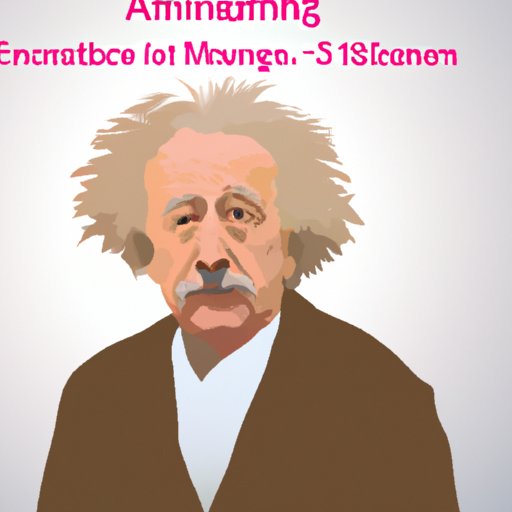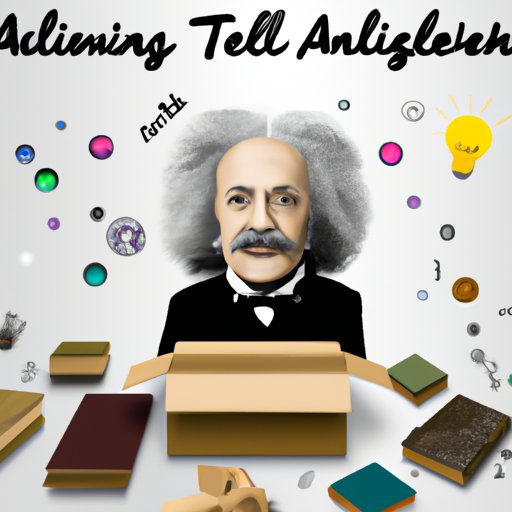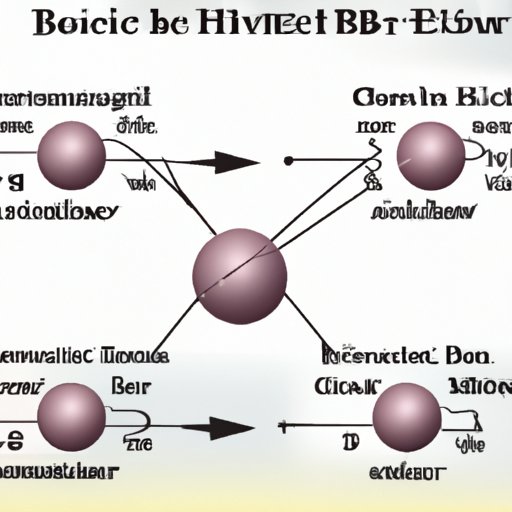Introduction
Albert Einstein is one of the most influential scientists in history. He revolutionized the fields of physics and mathematics with his groundbreaking theories and inventions. From the Theory of Relativity to the Photoelectric Effect, Einstein’s discoveries shaped the world we live in. This article will explore what Albert Einstein invented and how his work has impacted science and technology.

Exploring the Inventions of Albert Einstein
Albert Einstein is best known for his Theory of Relativity, which states that the laws of physics are the same in all inertial frames of reference. He also discovered the Photoelectric Effect, which explains the relationship between light and electricity. His work on Brownian motion helped to prove the existence of atoms. These three inventions alone have had an immense impact on modern science and technology.

How Albert Einstein Changed the World with His Inventions
Einstein’s inventions have had a profound impact on science and technology. His Theory of Relativity has been used to develop GPS systems, satellite imaging, and nuclear power. The Photoelectric Effect has been applied to solar cells, lasers, and semiconductor devices. And his work on Brownian motion has led to advances in nanotechnology.
Beyond the physical applications, Einstein’s inventions have also had social implications. His Theory of Relativity challenged traditional scientific ideas and paved the way for new theories about space and time. The Photoelectric Effect helped to establish the field of quantum mechanics, which has since become integral to our understanding of the universe. And his work on Brownian motion demonstrated the existence of atoms, reshaping our view of the material world.
A Closer Look at Albert Einstein’s Most Notable Inventions
Einstein’s most famous invention is arguably his Theory of Relativity, which consists of two parts: special relativity and general relativity. Special relativity explains how space and time are linked and how they affect the behavior of objects moving at different speeds. General relativity describes how gravity affects the motion of objects in space and time. Together, these two theories form the basis of modern physics.
Another notable invention of Albert Einstein is mass-energy equivalence, which states that mass and energy are equivalent and can be converted into each other. This equation, E=mc2, has been used to explain phenomena such as nuclear fission and fusion, and it has been instrumental in the development of nuclear weapons.

Unpacking the Impactful Inventions of Albert Einstein
The inventions of Albert Einstein have had a tremendous impact on physics. His Theory of Relativity has been used to develop GPS systems, satellite imaging, and nuclear power. The Photoelectric Effect has been applied to solar cells, lasers, and semiconductor devices. And his work on Brownian motion has led to advances in nanotechnology.
Einstein’s inventions have also had an impact on society. His Theory of Relativity challenged traditional scientific ideas and paved the way for new theories about space and time. The Photoelectric Effect helped to establish the field of quantum mechanics, which has since become integral to our understanding of the universe. And his work on Brownian motion demonstrated the existence of atoms, reshaping our view of the material world.
Examining the Innovations of the Great Albert Einstein
In addition to the inventions mentioned above, Albert Einstein also made significant contributions to the fields of quantum theory and unified field theory. His work on quantum theory provided the foundation for modern atomic and particle physics. He also developed the concept of a unified field theory, which seeks to unify the four fundamental forces of nature. Finally, Einstein proposed the cosmological constant, which is used to explain the accelerating expansion of the universe.
Conclusion
Albert Einstein was one of the greatest scientists of all time. His inventions have had a profound impact on science and technology, from GPS systems and satellite imaging to solar cells and lasers. His Theory of Relativity challenged traditional scientific ideas and paved the way for new theories about space and time. And his work on quantum theory, unified field theory, and the cosmological constant helped to shape our understanding of the universe. Einstein’s inventions will continue to influence science and technology for generations to come.
(Note: Is this article not meeting your expectations? Do you have knowledge or insights to share? Unlock new opportunities and expand your reach by joining our authors team. Click Registration to join us and share your expertise with our readers.)
